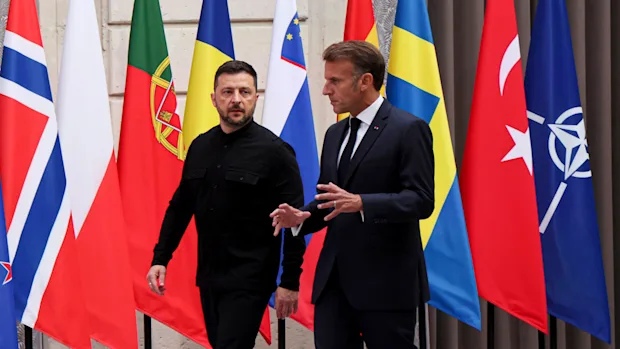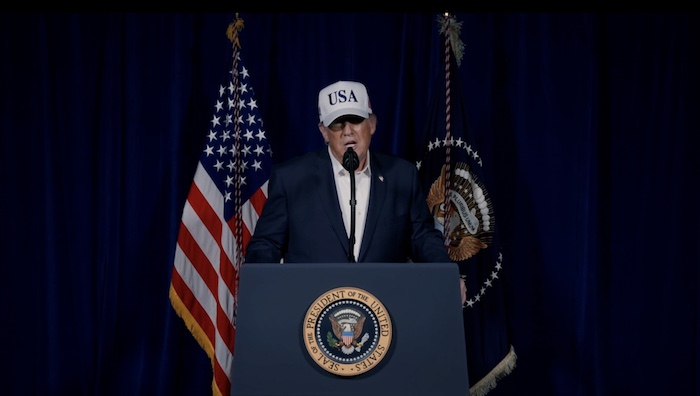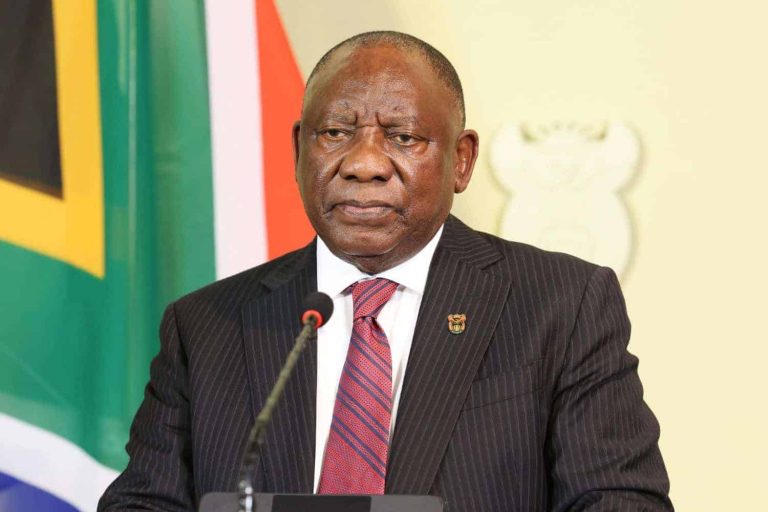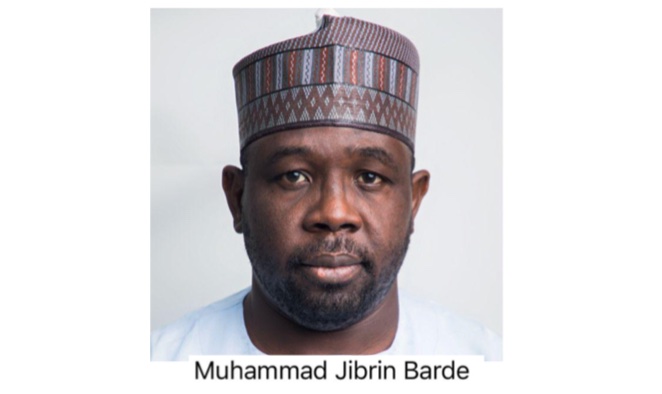
More than two dozen nations have pledged to form a multinational force ready to deploy in Ukraine once a peace deal—or even a ceasefire—with Russia is reached, leaders announced Thursday.
The proposed “reassurance force” would serve as a central pillar of long-term security guarantees for Kyiv, designed to deter Moscow from launching another assault after the guns fall silent.
Yet uncertainty looms. Western officials warn that Russian President Vladimir Putin shows no real interest in peace, with concerns deepening after his high-profile visit to Beijing this week.
Meanwhile, the scope of U.S. involvement remains unclear, despite European leaders holding a video call with President Donald Trump following a Paris summit of the so-called “coalition of the willing.”
Hosted by French President Emmanuel Macron and joined in person by Ukrainian President Volodymyr Zelensky—with UK Prime Minister Keir Starmer and others attending remotely—the meeting marked a renewed push for Europe to take greater strategic initiative. Macron, seeking to show Europe’s independence from Washington, positioned the move as a turning point in the continent’s response, more than three years after Russia’s full-scale invasion began. The United States was represented by Trump’s special envoy, Steve Witkoff, who also met separately with Zelensky.
“We now have 26 countries that have formally committed to participate—on land, at sea, or in the air—as part of a ‘reassurance force’ in Ukraine,” Macron declared, standing alongside Zelensky. He emphasized that the troops would not be deployed on the front lines but rather serve to “prevent any new major aggression.” Another key element, Macron said, is the “regeneration” of Ukraine’s armed forces so that they can not only withstand a new assault but also deter Russia from trying again.
Zelensky hailed the announcement as a breakthrough: “For the first time in a long while, this is a serious and concrete step forward.”
Still, fault lines remain within the coalition. German Chancellor Friedrich Merz voiced caution, with Berlin insisting it would only decide on military participation once conditions are clarified. Italy, for its part, ruled out sending troops but signaled readiness to help monitor any eventual agreement.
Moscow has already rejected the idea outright. Russian Foreign Ministry spokeswoman Maria Zakharova said Russia would never accept the presence of foreign troops in Ukraine “in any format.”
Frustration in Western capitals is mounting over what leaders see as Putin’s stalling tactics. Zelensky said his call with Trump focused on sanctions against Russia and measures to protect Ukrainian airspace.
The White House, meanwhile, urged European countries to halt purchases of Russian oil, warning that energy revenues continue to bankroll the Kremlin’s war effort.
The urgency of the crisis was underscored Thursday when a Russian rocket strike in northern Ukraine killed two aid workers from the Danish Refugee Council who had been clearing mines.
Macron warned that if Moscow continues to block peace efforts, “additional sanctions” will be imposed in coordination with Washington. He accused Putin of “playing for time” while intensifying attacks on civilians.
The Paris summit came on the heels of Putin’s high-profile trips abroad, including a meeting with Trump in Alaska last month and his appearance at a military parade in Beijing alongside Chinese President Xi Jinping.
From Beijing, Putin boasted that Russian troops were making gains “on all fronts” in Ukraine—a declaration that only hardened Western fears of a drawn-out conflict.



